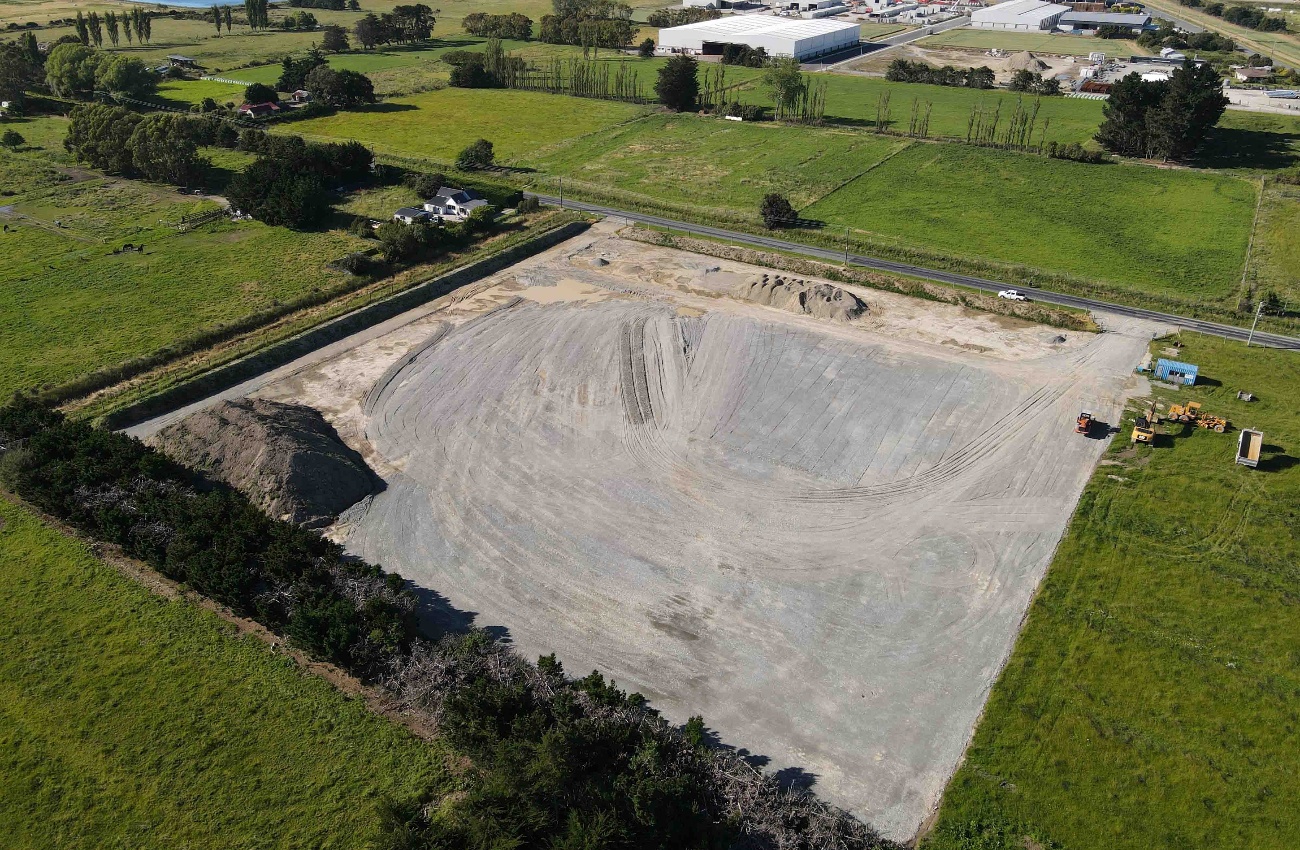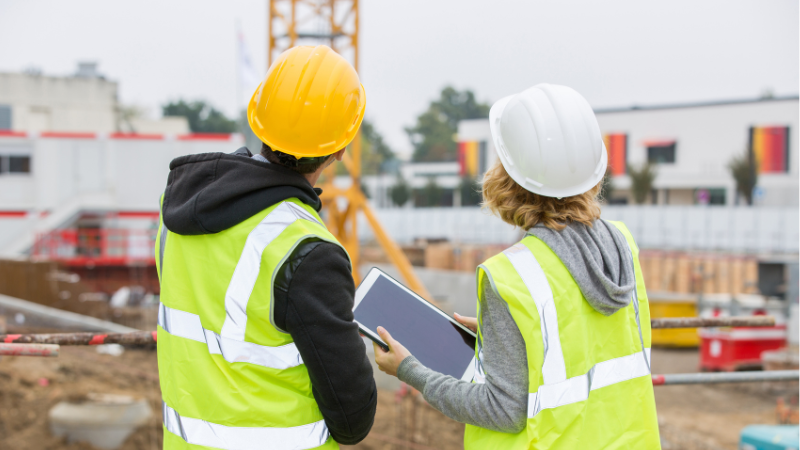What does a geotech report cost and how complex should it be?
.png?width=800&height=450&name=Geotech%20report%20(3).png)
A Geotechnical report is a crucial part of the planning and preparation phases of your commercial or industrial build. They are almost always required as part of the consenting process for the council and, the earlier you get it done, the better. Ideally, you should get one before you buy the land so you know what remedial work is required. A geotech report will vary in complexity and cost depending on the nature of your site, and the scale of your project.
Over the years, XL Structural has encountered plenty of land remediation and changes needed to ensure buildings are compliant, stable, and resilient, and that any potential hazards are mitigated. It’s impossible to know what lies beneath the surface of your land without a Geotech assessment, as well as if the land is suitable for the type of building you are planning.
In this article, we explain what you need to know about Geotechnical reports including what they cover, the cost, and other important factors to consider.
What is a geotechnical report?
It is prepared by a qualified Geotech engineer and includes information and analysis regarding the soil, rock, and other subsurface materials. The report provides data on the ground's bearing capacity, settlement, and liquefaction, along with recommendations for the structural engineer to use when designing the building foundations.
What is covered by a Geotechnical report?
The answer to this isn't always straightforward as sometimes only a soil report is required – but other times detailed testing is needed, and a laboratory is required to do sample analysis. There are several aspects to the geotechnical assessment of a property where construction is planned. These include:
Groundwater
Assessing the water table depth and fluctuations, and any geotechnical implications of this. The Geotech report wouldn't go as far as a stormwater design but can provide information for the civil engineers to use.
Geological
Identifying potential hazards such as earthquake fault lines, landslides, sinkholes, environmental contamination or liquefaction zones. Site-specific seismic design parameters may be required depending if the area is prone to earthquakes.
Subsurface
Investigation of what is underground, including testing across the site and the building location. This will help you to understand the soil makeup and identify any remedial work required to make the ground stable. Aspects taken into consideration include bearing capacity, shear strength, compressibility, and settlement characteristics.
What isn't covered by a geotechnical report?
- Site topography – While the geotechnical engineer would consider the topography (i.e. slopes that may be at risk of slips), they would not complete a topographical survey. This would be completed by a surveyor.
- Ground contamination or HAIL (Hazardous Activities and Industries List) - If your land has been identified as having been previously used for an activity on the HAIL list, the potential contamination may require remedial action. Further investigation may be required to determine the extent of the contamination, including Desktop Study Reports, Preliminary Site Investigations (PSI), or a full Site Contamination Report, depending on the amount of potential contamination. A ground bearing or Geotechnical report can sometimes give an indication based on test pit observations but a specialist report may be required by the council.
- Civil Design – This is a different field from Geotech and covers the design of stormwater disposal/hardstand designs.
- Post excavation risks - A Geotech report is based on a selection of test holes, not every square metre of the site. This means there is still a risk of challenges once the excavation starts, such as buried rubbish or soft spots caused by previous uncontrolled filling of the site.
What will a geotech report cost?
A simple Geotech report will generally cost $5,000 - $12,000. The main factor in the cost is the level of testing and analysis required.
If you are in an area known to have consistent good ground – such as Mid and South Canterbury/Central Otago - a simple ground investigation report verifying the ground is classed as 'good ground’ may be adequate.
However, if geotechnical challenges are encountered, such as peat or uncontrolled fill, more testing may be needed. These reports can be as high as $40,000, depending on the size of the project.
how to choose a Geotech engineer
Are they familiar with the region and local council?
Councils focus on areas most relevant to them. For example, New Plymouth has a strong focus on differential settlement as the soil in this region is on a peat layer and prone to sinking. Other areas that are earthquake-prone focus on liquefaction.
Can they scale up the analysis if required?
If you are in an area known to have poor ground, that may require extensive testing smaller geotechnical firms can get out of their capability quite quickly. If remediation is required, will the Geotech engineer be able to provide different remediation options?
do they have a working relationship with the structural engineer?
Is there a good line of communication between the Geotech engineer and the structural engineer? It is important to get the two engineers working together so that they can provide an effective outcome.
In conclusion, the Geotech investigations can seem simple, but it can have a significant influence on the design and cost of your project. Why not take out the hassles, and work with an organised team of designers who will take into account your budget, local conditions and code requirements to make your project a success?
Here at XL Structural, our team of experts work with you to deliver a streamlined build. Contact us today to discuss your next commercial or industrial project.



